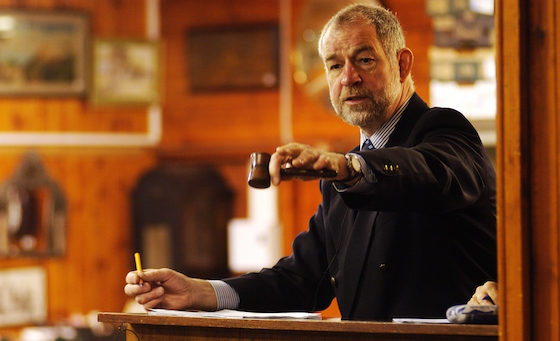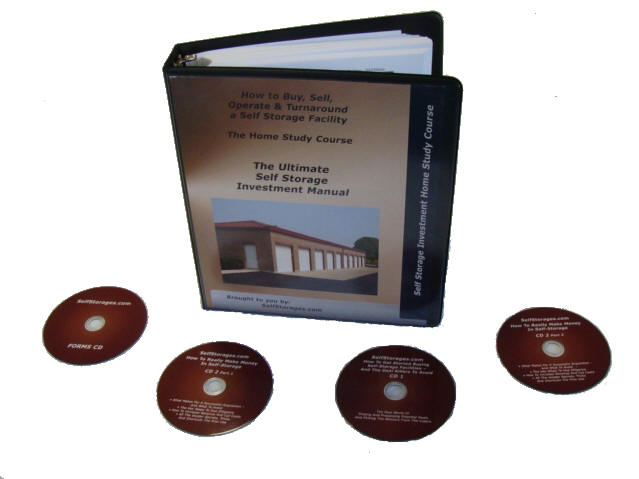The typical lifecycle for a foreclosed self-storage facility is to ultimately end up at an auction. The lender has given up hope on the borrower, posts it for foreclosure, goes through the legal process, and then takes it to auction to put it in the hands of a new owner and to formally take its loss on the loan. Some of the best deals to be found are in these REO auctions. But buying at auction has a myriad of risks if you do not know what you’re doing. Here’s a quick summary of what you need to watch out for.
The process in theory
The concept behind an auction is that a property is sold to the highest bidder, with payment being made in full in 30 days from the end of the auction. This is considered a fair way to realize the highest current price in the fastest time frame for the lender. Sure, the bank might get more money if it placed the property with a broker and marketed it in the regular channels – but that might take months or years to accomplish, and might also resort in multiple failed attempts when buyers don’t go forward and close.
The process in reality
The theory and the reality don’t match. When the bank sells the property at auction, the number of potential buyers is hugely reduced due to the lack of suitable timeframe to obtain financing, as well as the awkward due diligence approach (in which you have to do your due diligence prior to even knowing if you will be the buyer). While banks pretend that they are getting a good price in a short time frame, the truth is that they are getting a terrible price most of the time. The only reason that auctions exist is that it’s not the bank officer’s money that is being poured down the drain; only that of the bank’s shareholders.
The dangers
There are two huge dangers in buying a self-storage facility at auction: 1) overpaying due to poor due diligence and 2) not being able to get the deal closed within 30 days. Let’s go over each of these in more detail. Under the auction scenario, you have to do your due diligence before you have it under contract. As a result, many bidders fail to commit to thorough diligence, and do not uncover all the problems with the property. In so doing, they leave the door open to nasty surprises upon winning the auction. Over the years, we have seen every possible doomsday scenario, from people buying properties without adequate permits or licenses, properties with environmental contamination, properties without the expected current occupancy – everything bad you can imagine. Even if you uncover these issues before closing and walk the deal, you still lose the 10% deposit you had to pay at the end of the auction. That’s a huge penalty for doing a poor job on your pre-auction homework. The other landmine is getting the money together for closing within the 30 day window. Getting a bank loan within 30 days from start to finish is a herculean effort and comes with a huge amount of risk of failure. And the all-cash scenario means that you have to have your funds liquid and ready to go fast. Screw up and you lose the property and your 10% deposit.
The opportunities
These two main problems are what create all the opportunity. By scaring away most buyers, the competition at the auction is far less than on the open market. We’ve won properties many times in which we were the only bidder – we simply bid the minimum amount and win. Some of the lowest pricing we have ever seen has been at auctions. And don’t forget that the former borrower has run the property into the ground normally, so the bank’s expectation of value is already low and, in most cases, you can have huge net income boosts immediately after closing. In one case, we bought a property and sold it for twice as much in less than a year.
Conclusion
Buying at auction is a great way to get a great deal – if you know what you’re doing. Is it worth the risks? Absolutely. But only under the condition that you have a plan to do proper diligence and close in the required time frame.


